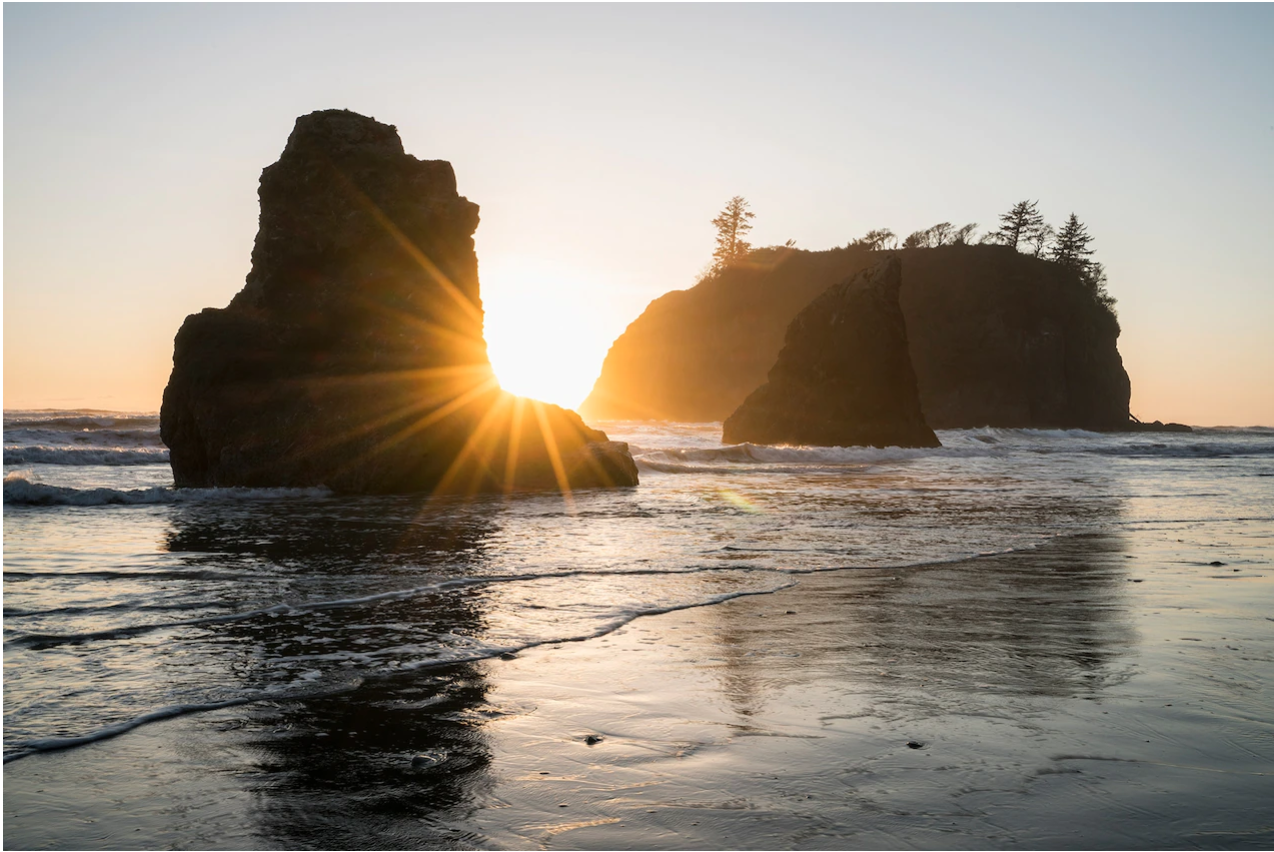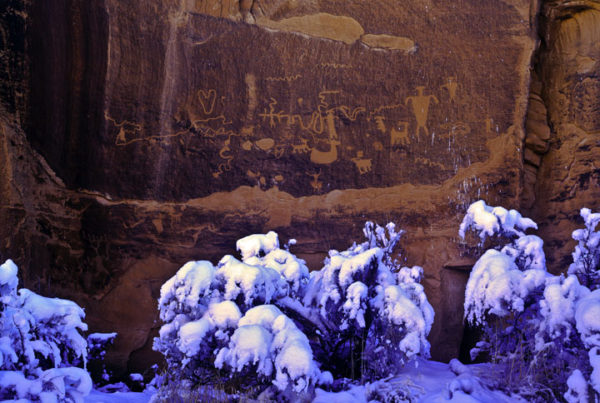For the beauty of the earth, For the beauty of the skies,
For the love which from our birth Over and around us lies,
Lord of all, to thee we raise This our hymn of grateful praise.
For the beauty of each hour, Of the day and of the night,
Hill and vale, and tree and flow’r, Sun and moon, and stars of light,
Lord of all, to thee we raise This our hymn of grateful praise.
For the joy of human love, Brother, sister, parent, child,
Friends on earth, and friends above, For all gentle thoughts and mild,
Lord of all, to thee we raise This our hymn of grateful praise.
These are the lyrics to one of my favorite hymns in our hymn book. The melody is so beautiful and the words so perfect; it calls me to worship. Hymns have a special place not only for me, but also more generally in our faith. When I was baptized at age eight I was given my own Bible, Book of Mormon, and hymn book, like all my siblings. I find it often can be as much a spiritual guide as our other texts.

Singing of the Earth
Music is special, not just to our faith community. It speaks to us in ways plain words don’t. Scientists have discovered that music stimulates more regions of your brain than any other human function. These areas include the limbic and paralimbic systems associated with euphoric reward systems, giving us pleasure when we hear music. However, beyond the science of music, hymns are powerful for the essentialized tenets they convey. Music takes words and imbues a new depth of emotion and purpose. Their few words punch out the priorities and essentialize truths.
Hymns are a vital part of conveying and reaffirming belief. As Elder Merril J. Bateman of the Seventy said at a workshop on church music in 1998, “Music is one of the most effective forms of worship. In our hymns, we praise God, give thanks for His love and mercy.” He expounds on all the reasons for their effectiveness including building unity and fostering a community among the Saints “by teaching doctrine under the influence of the Spirit” and facilitating the bearing of testimony. Singing hymns, as in sacrament meeting, gives each of us the opportunity to bear our testimonies through song. This power of worship through hymns is confirmed in D&C 25:12: “For my soul delighteth in the song of the heart; yea, the song of the righteous is a prayer unto me, and it shall be answered with a blessing upon their heads”. My favorite part of sacrament meeting is always singing the hymns (including trying to figure out the melody of hymns I don’t know well). I feel as if the whole room lightens and unites.
Given hymns’ importance in our faith, the subjects of these songs are telling. We sing of our savior, Jesus Christ, of our willingness to serve the Lord, and of our eternal families. Notably, however, our hymn book has about twenty different hymns dedicated to the beauty and majesty of the earth. Some are well known like “How Great Thou Art,” while others are lesser-known as in “In Our Lovely Deseret” and “O Ye Mountains High“. Each of these songs gloriously appreciates all of God’s creation. The hymn “Our Mountain Home So Dear” directly expresses affection for and appreciation of God’s creation in the beauty of the mountains surrounding the settled valleys of Zion:
“Our mountain home so dear, Where crystal waters clear Flow ever free, Flow ever free,
While thru the valleys wide The flow’rs on eve’ry side,
Blooming in the stately pride…..
Pluck the wildflow’rs The hand of God we see in leaf and bud and tree, or bird or humming bee, or blade of grass”.
“How Great Thou Art” is a better-known hymn, but similarly expresses feelings of outright amazement at God’s work:
“O Lord my God, when I in awesome wonder Consider all the worlds thy have made,
I see the stars, I hear the rolling thunder Thy power throughout the universe displayed”.
Our hymns are our distilled declarations of faith; the fact that so many hymns show gratitude for the earth tells us of our community priorities. These hymns explicitly tie together love for the beauty and wonder of the natural world with God and our worship of him. We recognize the earth as a gift from God, and our appreciation and gratitude for creation brings us closer to understanding him and ourselves as his children. His creation is worthy of our engagement, gratitude, and care. As I sing “For the Beauty of the Earth“, I am inspired to commit to and act on earth stewardship. I hope my fellow Latter-day Saints are as well.



